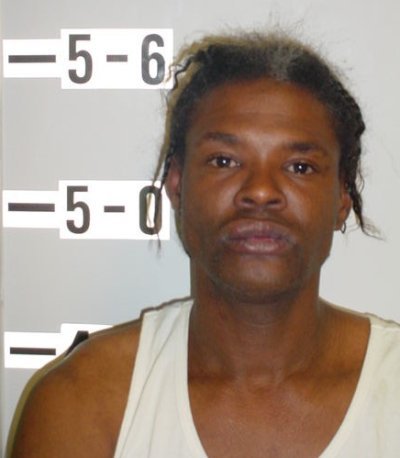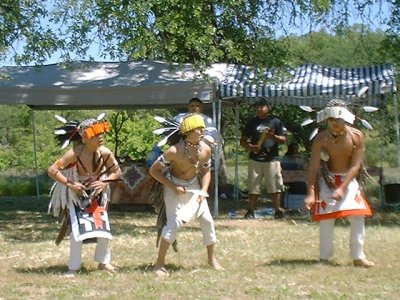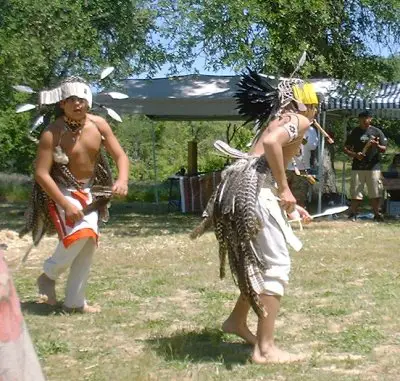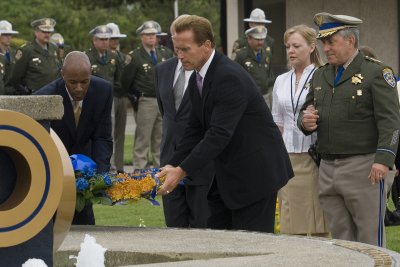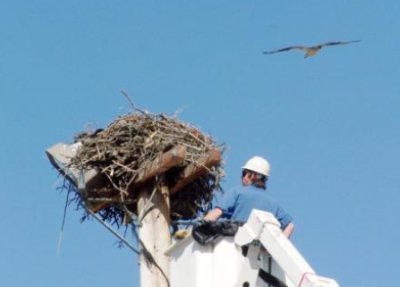- Leslie Weeks
- Posted On
The Ugandan Cultural Connection: Lake County family journeys to Africa

Editor's note: This is the first of two articles by Clearlake resident Leslie Weeks about a trip to Uganda she took in December with her husband, John Weeks, MD, and their daughter.
It takes imagination and understanding to want to help those in a third world country who have been trampled by poverty and disease as well as decades of horrendous dictatorship. It also takes a lot of determination to break the numerous barriers that are blocking the way. Furthermore, it may result in a different outcome than one expects.
My husband, daughter and I were lucky to be able to travel to Uganda this December. We were invited to experience this incredible country by Arthur Bikangaga, who is originally from Kabale, Uganda.
Arthur had left during the height of the Idi Amin years, after too many close calls with this dreadful dictator. His father and mother were still there, amazingly intact despite their political participation. Unfortunately, although Arthur’s father lived a long and productive life, he died an hour before we arrived. He lived long enough to say good-by to his son.
Uganda is a landlocked African country of 27 million people struggling to achieve a stable economy with a more modern, safe reputation. It is surrounded by Sudan, Republic of Congo, Rwanda, Kenya, and Tanzania. The second largest lake in the world, Lake Victoria, sits on its southern border.
Uganda is glaringly impoverished. The average yearly income is about $1,200. Signs requesting aid for orphans are posted everywhere you look because so many parents die before they turn 45. Women and children carry water to their house in five-gallon jugs so the family can clean and drink. Even at an early age children earn money by running to cars with sticks of cooked chicken, fruit, or maize to sell to slowing traffic.
Uganda is also a beautiful, lush place where people commonly greet you with the phrase “you are welcome.” There is no intolerance between races. The people are generally frank and straightforward. The villagers resolve differences in regular community meetings. Entire communities attend and help pay for lavish weddings. It is unthinkable not to pay your respects to a family who has had someone pass away.
Because of Arthur’s invitation, we began a “safari” (which means journey in Swahili), which began in Lake County, continued in Uganda, and, at least for me, hasn’t ended yet.
Our safari was also inspired by Bill Bordisso, who teaches a fourth grade class at Lower Lake Elementary School. He had established a pen pal relationship between his class and a school in Uganda, thus initiating a cultural connection with a Ugandan school, Kiyoima Primary School, and his own class. He became interested in this school because of his sister, Kate.
Lower Lake connection
Kate has been helping the Kiyoima School since she visited Uganda four years ago when she went to the Kibale Forest chimp reserve, which is near the school. She met Julia Lloyd, a young woman completing her PhD on the influence of humans on chimp behavior. They became fast friends.
Julia introduced Kate to Ronald, who works at the chimp reserve as a guide, and had graduated from the primary school as “Best Boy.” Best boy is awarded to the most promising boy in the class. Through Ronald, Kate and Julia both became involved in the school and have been helping it ever since.
This primary school is located about six hours northwest of Kampala, the capital of Uganda. It is in the midst of a swamp, and next to the chimpanzee reserve. The school has a few cinder block buildings, a couple shelves of books, and eight instructors. There are more than 500 students who must walk to school each day. The assistant headmaster walks six kilometers to work each day.
Because of the long treks for children and teachers, the school is trying to become a boarding school. A recent donation allowed the school to purchase mattresses. The children each carried a mattress on their head through the swamp to the school, giggling and laughing the whole way.
Primary schools in Uganda are free and go through grade seven. The parents are required to provide all school supplies, including pens, paper, books, and school uniforms. Girls must all have their hair cut very short, almost shaved. Their skirts fall below their knees, and socks meet the skirt’s hem. They are all the same color, usually green or blue. Black shoes complete the outfit. No jewelry is allowed while they are in school.
After seventh grade, schools are private and testing determines what quality of school the child attends next. The family then pays the full fee for continued education.
When Kate told Bill about the school, he eagerly wanted to involve his students. He taught them about Uganda, and his class began writing pen pal letters. The children in Uganda are getting excellent practice with their English by writing back regularly. Both groups of kids are learning about each other’s cultures, opening up their minds to the beauty of diversity.
Amidst Bill’s animal skeletons and motorcycle models, Ugandan photos and maps are displayed in the classroom. The fourth graders in his classroom have not only become educated about the geography and culture of Uganda, but have become familiar with the entire continent of Africa. They eagerly await letters from their pen pals.
As well as offering to carry the pen pal letters to the school, we videotaped Bill’s class singing and put together a musical postcard. Inspired by Bill’s dedication to this cultural exchange, we also collected donations from the generous staff at Redbud hospital.
We ended up with four large suitcases of school supplies, eye medicines and dental supplies.
With letters, school and medical supplies in hand, we were off to Uganda. We arrived after 36 hours of traveling to find that all of our luggage had been lost. Two more hours of filling out paper work (there is a different sense of time in Uganda, no one was in a hurry to get us on our way) we then left in a taxi at midnight to the Makerere University Guest house where we were to stay.
Note: Tomorrow, Leslie Weeks describes learning about the Ugandan economy and social customs, and experiencing a safari.
{mos_sb_discuss:2}

